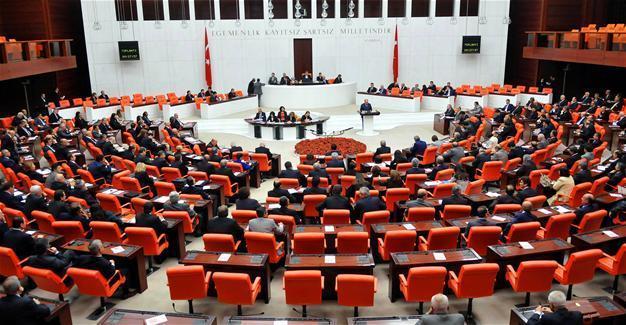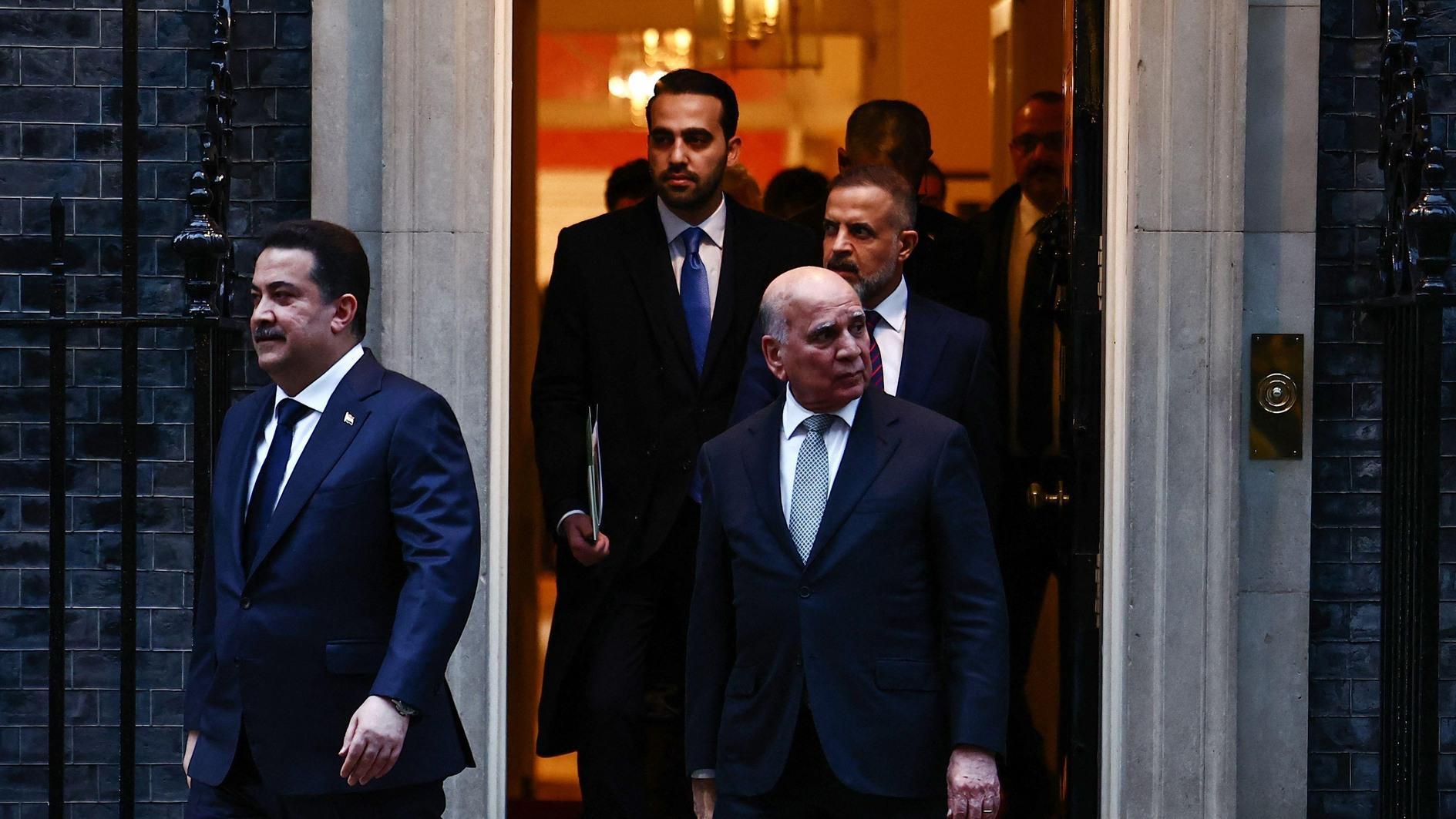AKP lawmakers have concerns about charter: PM
ANKARA
 Ruling Justice and Development Party (AKP) lawmakers have raised concerns about proposed charter changes, noting that the system on offer is devoid of checks and balances, reduces the power of parliament and bears the risk that the AKP could lose legislative power.
Ruling Justice and Development Party (AKP) lawmakers have raised concerns about proposed charter changes, noting that the system on offer is devoid of checks and balances, reduces the power of parliament and bears the risk that the AKP could lose legislative power.“Some of our friends have confusions about a few points. The articles will be fixed; we will work on it,” Prime Minister Binali Yıldırım told his party’s provincial heads on Dec. 22.
His comments came after he and the AKP lawmakers gathered for a meeting on Dec. 21 during which AKP deputies raised concerns and questions about the functioning of the system framed in the constitutional amendment proposal.
Lawmakers opposed the charter, arguing that the proposal would reduce parliament’s remit, leaving no room for parliamentarians to supervise the executive and could also result in the AKP losing influence in parliament, daily Hürriyet correspondents Nuray Babacan and Turan Yılmaz reported.
“The concerns can be easily managed,” Yıldırım said, adding that the AKP would seek the approval of the MHP group since the proposal was brought to the parliament as a result of the joint efforts of the two parties.
‘An arrangement for one person’
During the meeting on Dec. 21, a party source raised concerns about the possible outcome of the amendment, saying, “The proposal gives the impression of a text edited by the effect of the current traumas and conspiracies,” according to daily Hürriyet.
“We act in accordance with the perception that [President Recep Tayyip] Erdoğan will be in office forever. But we may encounter the opposite scenario,” the source said, arguing that the regulation may result in opposition parties winning the presidential elections.
“If the presidential elections go to a second ballot, smaller parties could win by collaborating. The AKP may have no power even if it gains a majority of the votes,” the source said.
According to the proposal, if the president cannot get more than 50 percent of the votes on the first ballot, the race will go to a runoff.
“Even if we gain the ballot with 42 percent of the votes, we might neither claim the president nor check the ruling power,” the source said.
‘Supervisory authority taken away from assembly’
Deputies also argued that the parliament’s effect would be diminished by the new system.
“Are we dismissing the thesis that our sovereignty belongs to the parliament?” a party source asked.
“We are the ones who will have problems after all the supervisory authority is taken from the hands of parliament,” the source said.
‘Impartiality of jurisdiction compromised’
AKP lawmakers also conveyed their concerns about the appointment procedure for top judges.
“Six of the 12 judges in the Supreme Board of Judges and Prosecutors [HSYK] will be elected by the president; that would compromise the impartiality of the judiciary,” the source said.
Lawmakers also objected to articles regulating the budget procedures, saying the system would leave no room for supervision, as well as the reduction of the minimum age to be elected to 18, a regulation that would usher in substitute parliamentarians and the stipulation that the president be born a Turkish citizen.
“In some parts of Turkey, the substitute parliamentarian regulation may result in murders,” the source said.
The charter will be debated in a parliamentary constitution committee for two weeks before it will be discussed in the general assembly. The two-stage discussion in the parliament likely be held at the end of January 2017.
If the vote in parliament results in 330 to 367 votes, the amendment will be brought to a referendum.
Since the collaborating partners in the charter, the AKP and the MHP, have numbers that together add up to 355, the amendments are expected to go to a referendum as the other parties in parliament have stated their vociferous opposition to the proposals.
















